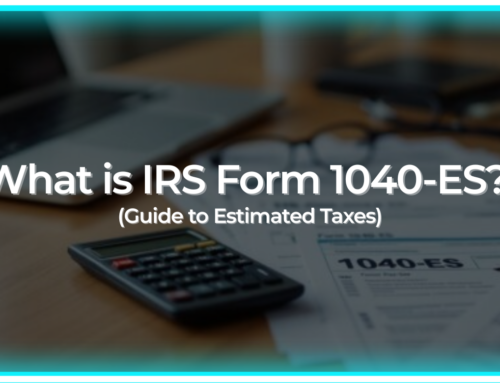Hi! I’m Bette Hochberger, CPA, CGMA. For today’s quickie, I will be discussing Safe Harbor. Safe Harbor provisions are legal mechanisms designed to provide protection or relief from liability in certain situations. In the context of business, this can be a critical tool for mitigating risks and uncertainties, particularly in areas where compliance with regulations may be complex.
What is Safe Harbor?
Safe Harbor is a legal concept that offers protection or immunity from liability or penalties under specific conditions. It essentially creates a designated “safe zone” for individuals or entities who meet certain criteria outlined by regulatory authorities. This protection typically applies when parties act in good faith or comply with predefined standards, even if their actions might otherwise be considered in violation of regulations.
How Does Safe Harbor Work?
Safe Harbor mechanisms vary depending on the jurisdiction and the specific regulations involved. However, the main principle remains the same: by following prescribed guidelines or fulfilling specific requirements, businesses can shield themselves from certain legal repercussions.
For instance, in data privacy regulations such as the General Data Protection Regulation (GDPR), Safe Harbor provisions may be invoked when a company adheres to approved data protection practices or participates in recognized certification programs. This compliance grants them immunity from fines or sanctions in the event of a data breach, provided they have met the criteria.
Similarly, in tax law, Safe Harbor rules might offer taxpayers certainty and protection by providing simplified methods for calculating deductions or credits. By opting to follow these prescribed methods, businesses can avoid potential disputes with tax authorities and ensure compliance without the need for exhaustive documentation or complex calculations.
Benefits for Businesses
Safe Harbor provisions offer several benefits for businesses:
- Risk Mitigation: By providing clarity and certainty regarding regulatory compliance, these mechanisms help businesses mitigate legal risks and uncertainties.
- Compliance Simplification: Safe Harbor rules often offer streamlined procedures or standardized guidelines, reducing the administrative burden associated with regulatory compliance.
- Promotion of Innovation: By encouraging businesses to adopt best practices or invest in compliance measures, these provisions can foster innovation and competitiveness within industries.
- Enhanced Trust and Confidence: Compliance with these guidelines signals a commitment to ethical conduct and regulatory compliance, enhancing trust and confidence among customers, investors, and other stakeholders.
Challenges and Considerations
While Safe Harbor provisions offer significant advantages, businesses should be mindful of potential challenges and considerations:
- Limitations of Protection: Safe Harbor protections may be limited in scope or duration, and compliance with criteria does not guarantee immunity from all legal liabilities.
- Evolution of Regulations: Regulatory requirements and guidelines may evolve over time, requiring businesses to stay informed and adapt their practices accordingly to maintain compliance.
- Complexity and Interpretation: Understanding and applying provisions effectively can be complex, requiring careful interpretation of regulatory guidelines and expert legal advice.
In summary, Safe Harbor rules are important for businesses because they offer certainty, protection, and make following rules simpler in different areas of business. By knowing how it works and following the rules, businesses can handle legal challenges better, lower their risks, and build trust with customers and others.
I hope you learned something new today. As always, stay safe, and I will see you next time.







